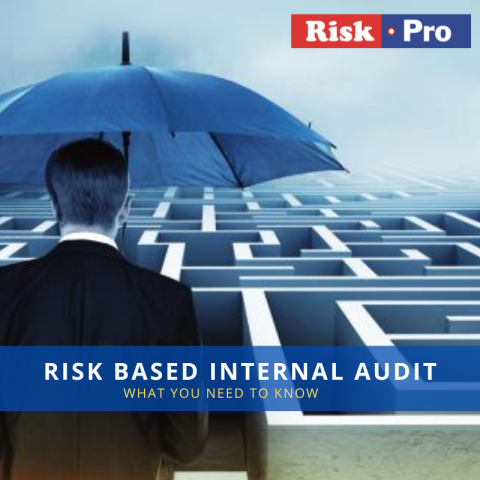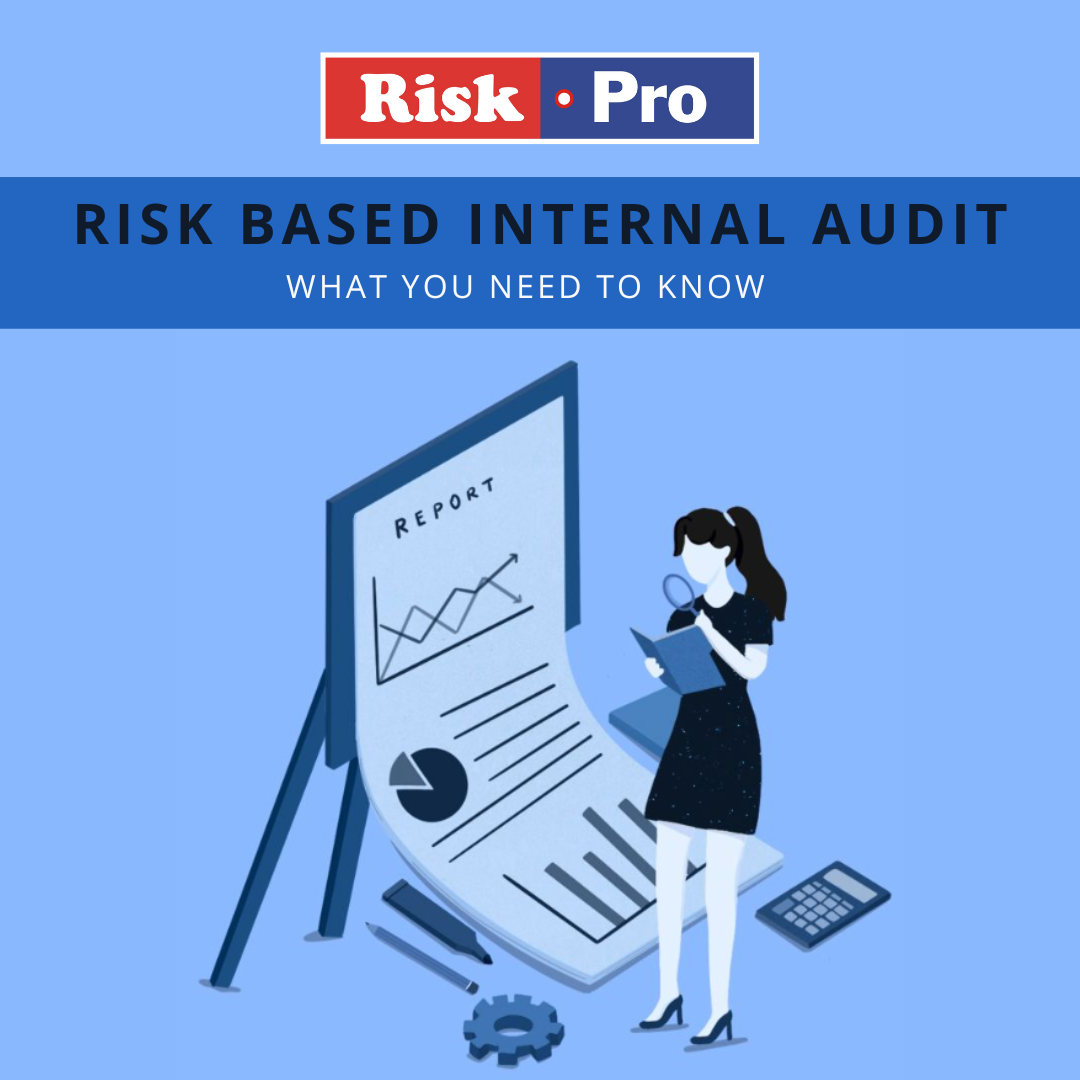
Introduction to Risk Based Internal Audit
Risk based internal audit is a methodology used by companies to assess and mitigate risks in their operations. This approach involves the use of data, analytics, and risk assessment to identify areas of the organization that are most vulnerable to risk. The objective of a risk based internal audit is to provide an objective evaluation of the company’s internal controls and to recommend actions to reduce risk and improve operations.
The risk-based internal audit process involves identifying and prioritizing risks, assessing the effectiveness of existing controls, and recommending actions to mitigate risks. The process is typically performed by a team of internal auditors who have expertise in risk management, accounting, and information technology.
One of the key benefits of risk based internal audit is that it helps companies to identify potential risks before they become actual problems. By proactively identifying risks and assessing the effectiveness of internal controls, companies can take action to prevent potential losses and improve the overall efficiency of their operations.
Risk based internal audit is a valuable tool for companies looking to improve their risk management practices. By identifying and assessing potential risks, companies can take proactive measures to mitigate those risks and improve the overall efficiency and effectiveness of their operations.

Benefits of Risk Based Internal Audit
Risk based internal audit is a valuable tool for companies seeking to improve their risk management practices. Some of the key benefits of this approach are:
1. More effective risk management:
By identifying and assessing potential risks, companies can take proactive measures to mitigate those risks and improve the overall efficiency of their operations. This approach helps companies to stay ahead of potential risks, reducing the likelihood of financial loss or reputational damage.
2. Improved internal controls:
The risk based internal audit process provides an opportunity for companies to assess the effectiveness of their internal controls. By identifying weaknesses in the control environment, companies can take steps to strengthen their internal controls and reduce the likelihood of fraud or errors.
3. Better decision making:
Risk based internal audit provides decision makers with reliable and timely information on potential risks and vulnerabilities within the organization. This helps to inform strategic decisions and supports more effective risk management practices.
4. Enhanced stakeholder confidence:
The risk based internal audit approach provides stakeholders with greater confidence in the company's risk management practices. This can enhance the company's reputation and help to attract investors and customers.
In conclusion, risk based internal audit is an effective approach for companies looking to improve their risk management practices. By identifying and assessing potential risks, companies can take proactive measures to mitigate those risks, strengthen their internal controls, and make more informed decisions. To know more about our Risk Based Internal Audit advisory, please contact us at info@riskpro.in
